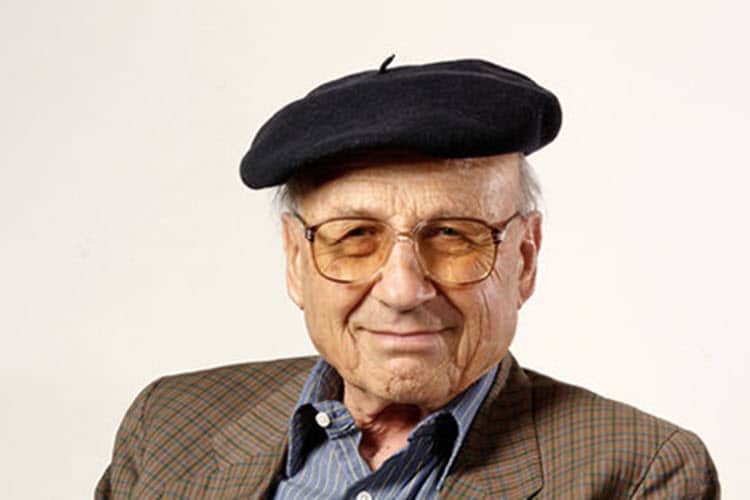Walter Kohn: Innovator of Density Functional Theory and Quantum Chemistry

Walter Kohn (9 March 1923 – 19 April 2016) was an Austrian-born American theoretical physicist. He was awarded, with John Pople, the Nobel Prize in Chemistry in 1998.
Life and Career
He was born on 9 March 1923, in Vienna, Austria. In 1945 he graduated with a BA in applied mathematics, from the University of Toronto and a year later he got an MA. Then, he got his Ph.D. from Harvard University, where he worked with the physicist Julian Schwinger.
He moved to the Carnegie Institute of Technology in 1952. In Carnegie, he did most of his seminal work on multiple-scattering band structures, now called the KKR method. He also did work on the metallic Fermi Surface in phonon spectra, exponential localization of Wannier functions, and insulating states.
With Van Vleck‘s help, he got a summer job at Bell Labs as W Shockley‘s assistant. His project was on radiation damage to Si and Ge caused by energetic electrons, which is crucial for outer space applications of just-developed semiconductor devices. Every year, Kohn returns to Bell Labs, the premier center for research in solid-state physics, as his summer home.
Kohn got into semiconductor physics through Bell Labs. He collaborated with Luttinger, and they came up with a bunch of new semiconductor physics concepts. They came up with the first non-heuristic derivation of the Boltzmann transport equation for quantum mechanical particles, developed an effective Hamiltonian in magnetic fields, and invented the Luttinger-Kohn semiconductor band structure model.
In 1960, Kohn became chair of the Physics Department at the newly founded University of California, San Diego. In 1963, he spent a sabbatical semester at the Ecole Normale Superieure in Paris developing density functional theory. He was also a member of the International Panel on Fissile Materials, which works to reduce the global stockpile of nuclear weapons.
He joined the Physics Department at the University of California at Santa Barbara in 1984. He worked there until he died. He died on 19 April 2016, in Santa Barbara, California, U.S.
Major work
Kohn is best known for his pioneering work in density functional theory (DFT), which is a computational method used to predict the electronic structure and properties of materials. His work in DFT laid the foundation for the development of modern quantum chemistry and solid-state physics, and it has been applied in a wide range of fields, including materials science, nanotechnology, and drug design.
In addition to his research, Kohn was a passionate advocate for peace and social justice. He co-founded Scientists for Social Responsibility and was a vocal opponent of the Vietnam War.
Award and Legacy
He was awarded the Nobel Prize in Chemistry in 1998 for his development of the density-functional theory. He shared the prize with John Pople. Kohn was awarded numerous honors throughout his career, including the National Medal of Science in 1988, the Max Planck Medal in 1990, and the Priestley Medal in 2000.
https://observervoice.com/15-march-tribute-to-john-pople-16863/
Observer Voice is the one stop site for National, International news, Sports, Editor’s Choice, Art/culture contents, Quotes and much more. We also cover historical contents. Historical contents includes World History, Indian History, and what happened today. The website also covers Entertainment across the India and World.
Follow Us on Twitter, Instagram, Facebook, & LinkedIn

